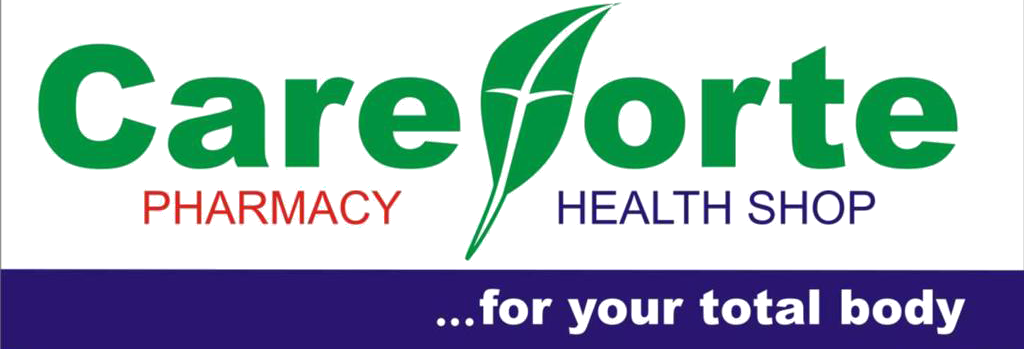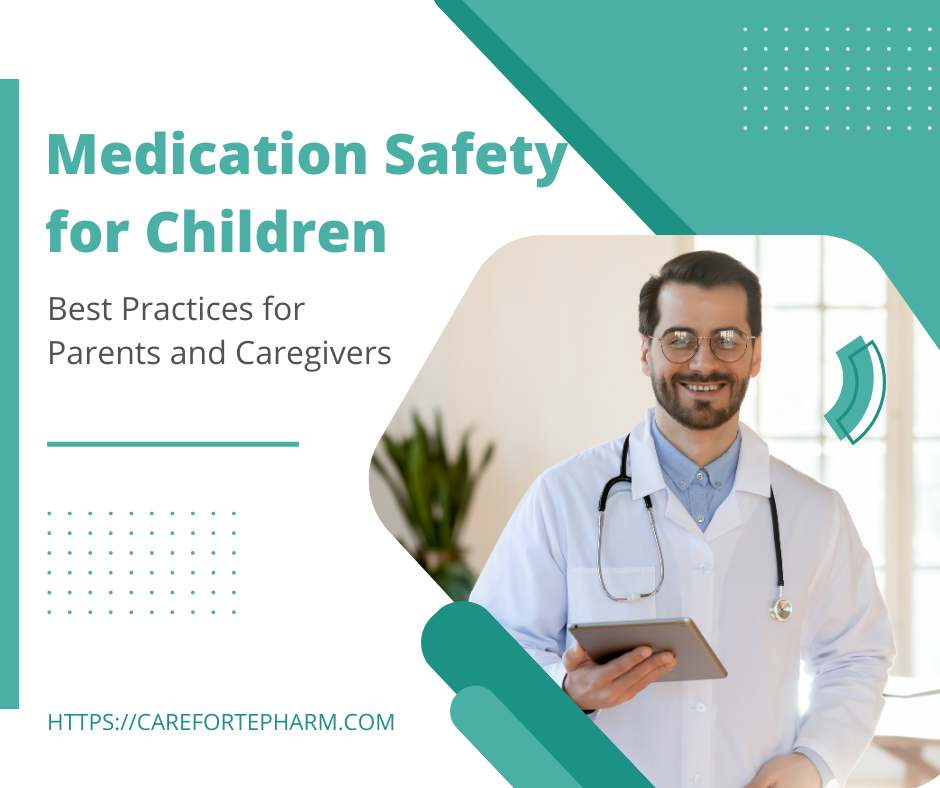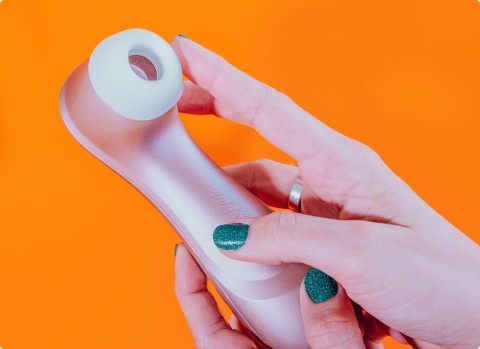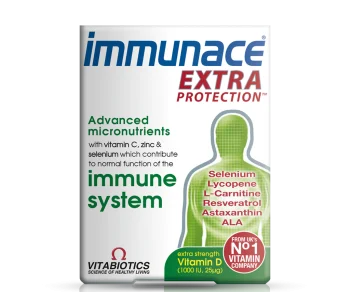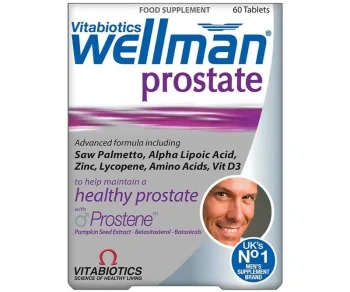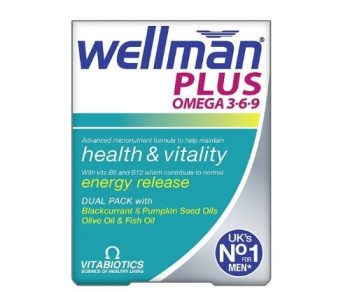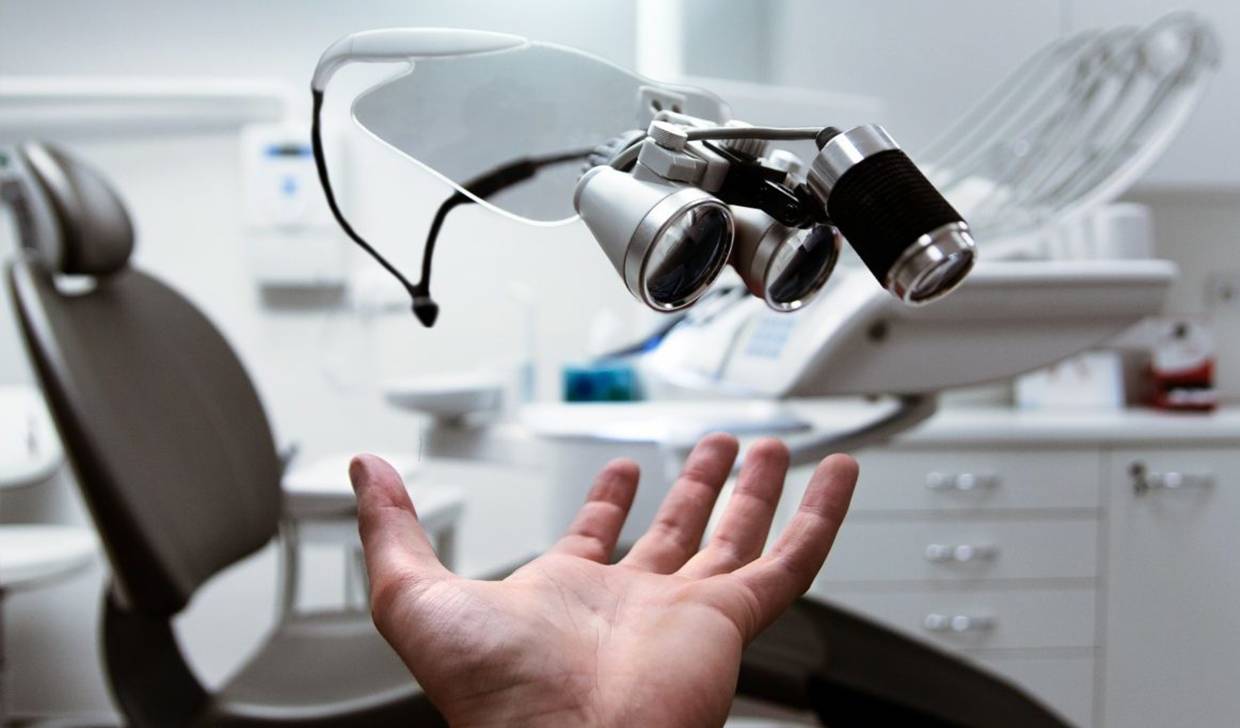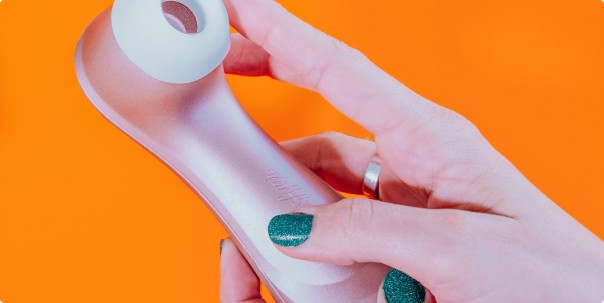Medication Safety for Children: Best Practices for Parents and Caregivers
We often rely on medications to help our children when they are sick or in pain. While these medications can be very effective, they also come with potential risks. Medication errors can occur, allergies can be overlooked, and sharing medications between children can lead to dangerous consequences. We’ll explore best practices for medication safety for children. By following these guidelines, parents and caregivers can help ensure that their children receive the benefits of medication without the dangers.
INTRODUCTION
As a parent or caregiver, keeping your child safe and healthy is always a top priority. One important aspect of this is ensuring the safe and proper use of medications. While medications can provide significant benefits to children, they can also be dangerous if not used correctly.
In this article, we will discuss best practices for medication safety for children, including specific examples of medication errors that can occur, the importance of checking for allergies before administering medications, the risks of sharing medications between children, and more.
By following these guidelines, you can help ensure the safe use of medications for your child and promote their overall health and wellbeing.
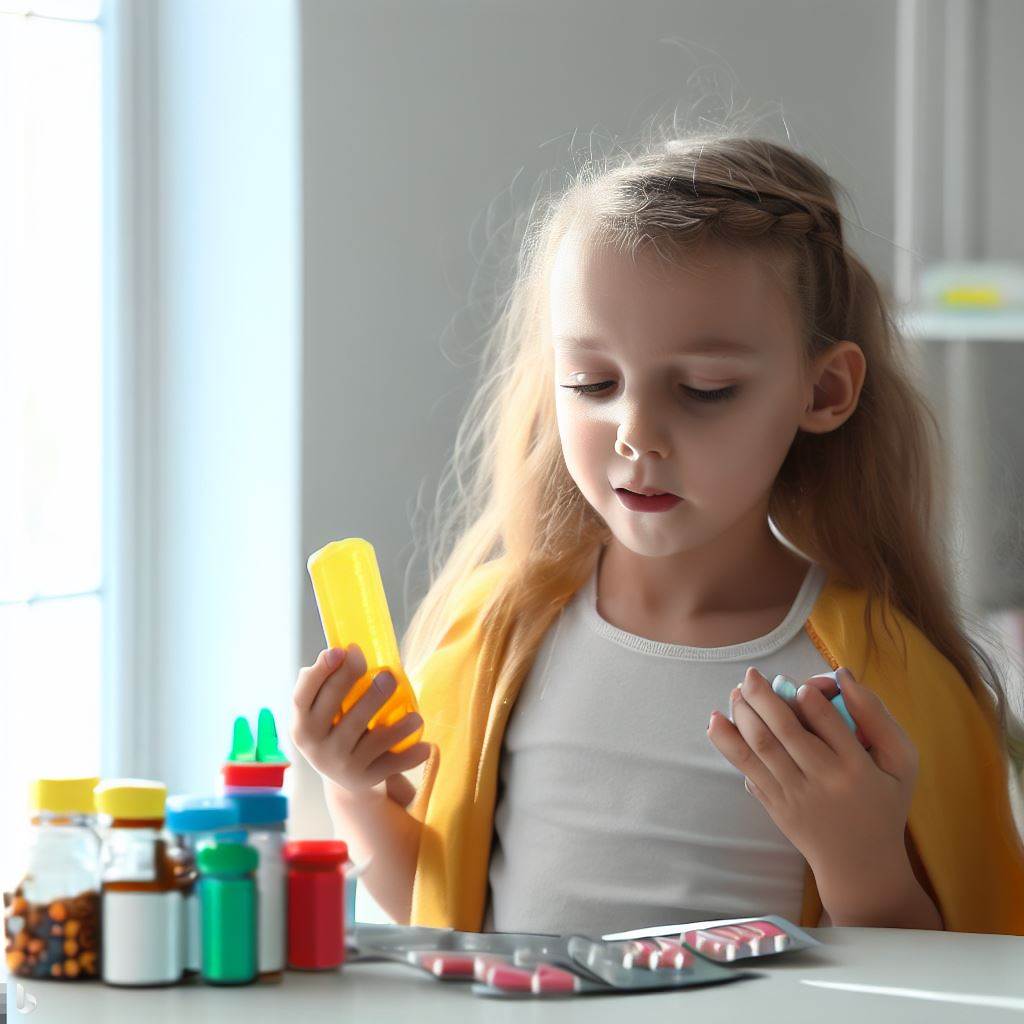
KNOW YOUR CHILD MEDICATION
One of the most important steps in ensuring medication safety is knowing exactly what medications your child is taking and at what dosages. This includes prescription medications, over-the-counter medications, and any supplements or herbal remedies. Make a list of all medications your child is taking, including the name of the medication, the dosage, and the frequency of administration. Keep this list in a safe and accessible place.
It is also important to know the reason why your child is taking the medication and any potential side effects. If your child experiences any unexpected symptoms while taking a medication, consult your child’s healthcare provider immediately.
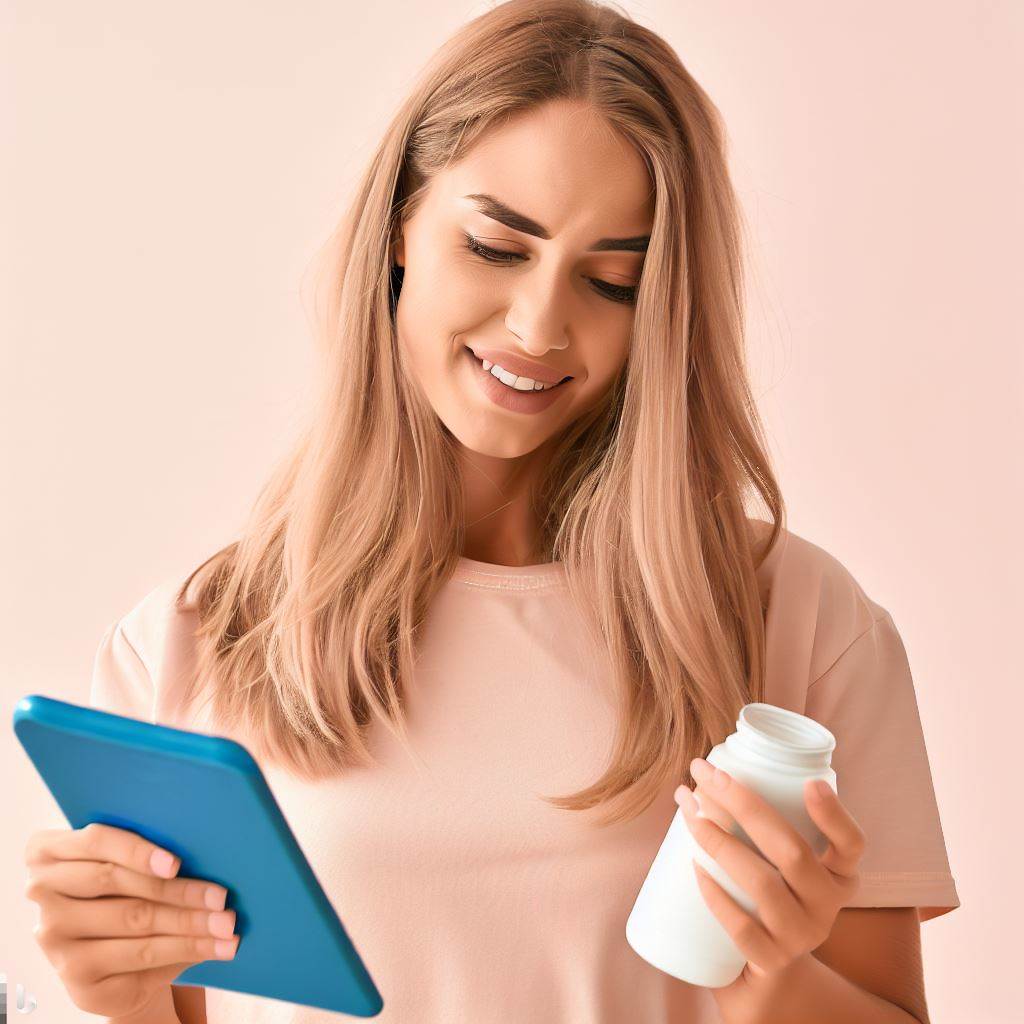
READ MEDICATION LABELS CAREFULLY
It is important to carefully read the labels on all medications before giving them to your child. Pay close attention to the dosage instructions, any warnings or precautions, and any potential side effects. Make sure you understand how to properly measure and administer the medication, especially if it requires the use of a syringe or other special device.
Additionally, it is important to check the expiration date of the medication before giving it to your child. Expired medications can be ineffective or even harmful.
USE THE CORRECT MEASURING DEVICE
When measuring medication for your child, it is important to use the correct measuring device. This may include a special syringe, dropper, or measuring cup. Using the wrong measuring device can result in an incorrect dosage, which can be dangerous.
It is also important to properly clean the measuring device after each use to prevent contamination.

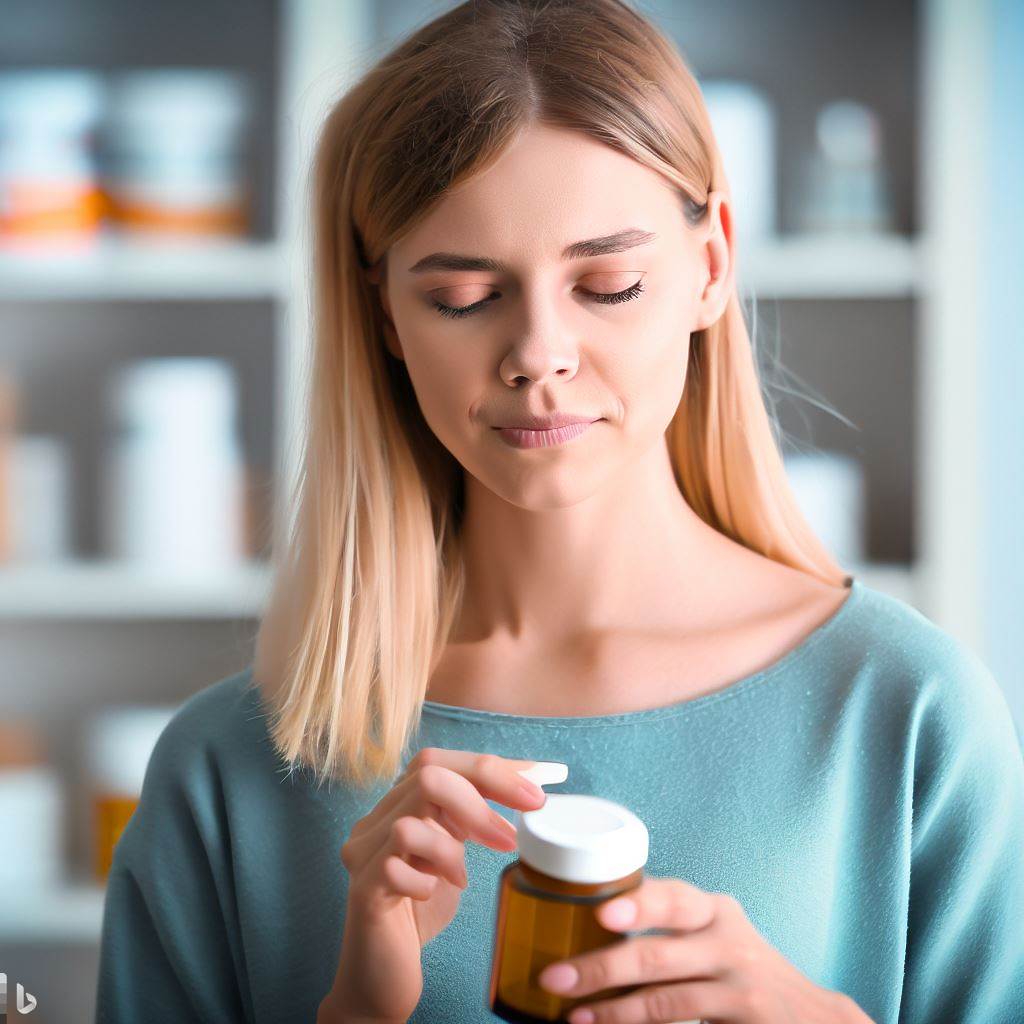
STORE MEDICATION SAFELY
It is important to store medications safely and securely, out of reach of children.
Keep medications in their original containers with the label intact. Store medications at the recommended temperature and humidity level.
If you are traveling, make sure to bring medications with you and store them properly during transit.
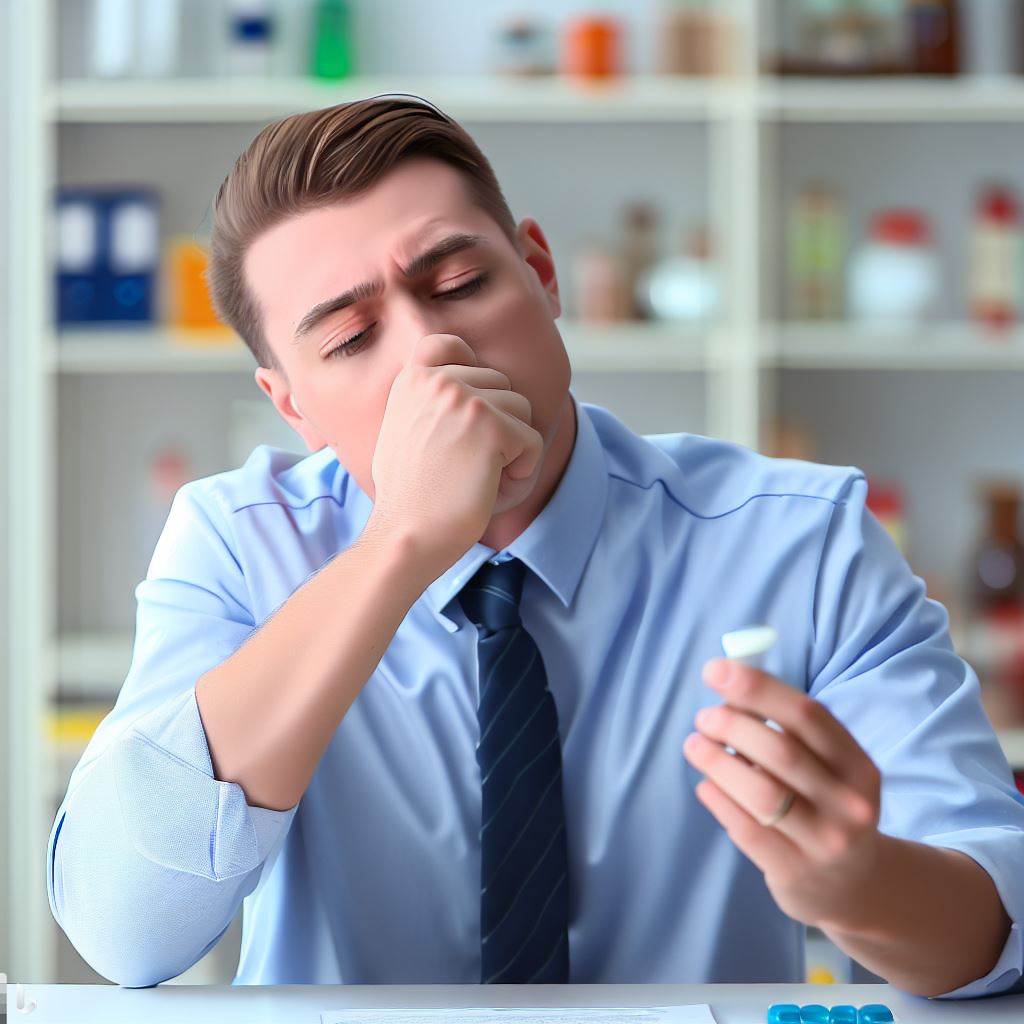
BE AWARE OF POTENTIAL DRUG INTERACTIONS
Some medications can interact with each other and cause serious side effects.
Make sure you inform your child’s healthcare provider of all medications and supplements your child is taking, including over-the-counter medications and herbal remedies.
If your child is prescribed a new medication, ask the healthcare provider if there are any potential drug interactions to be aware of.
DISPOSE MEDICATIONS PROPERLY
When your child no longer needs a medication, it is important to dispose of it properly.
Don’t keep medications past their expiration date, as they may not be effective and can be dangerous.
Many pharmacies and healthcare facilities offer medication disposal programs, or you can dispose of medications at home by following specific guidelines.
Never dispose of medication in the trash or down the drain, as it can pollute the environment and harm wildlife.
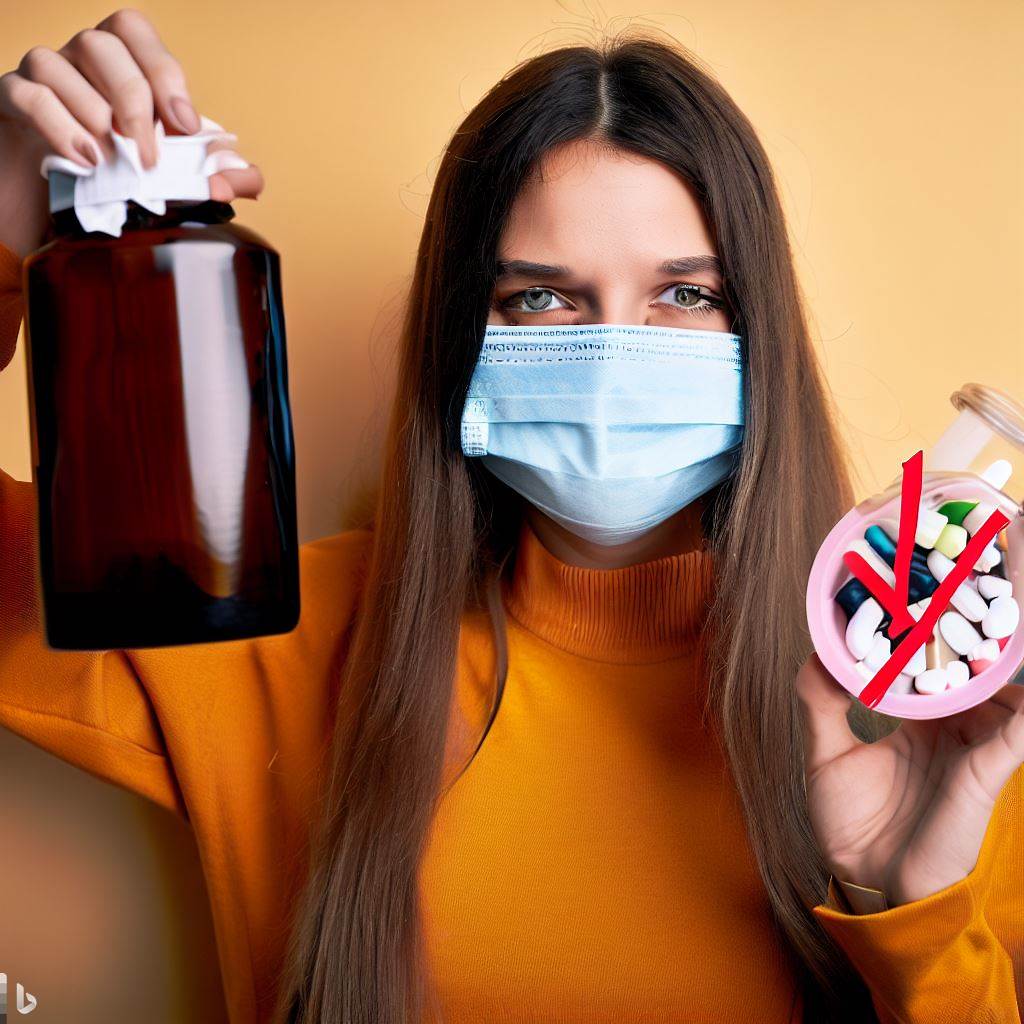
EDUCATE YOUR CHILD ABOUT MEDICATION SAFETY
As your child gets older, it is important to teach them about medication safety.
Make sure they understand the importance of following dosage instructions, never taking medication without a parent or caregiver’s supervision, and informing an adult if they feel sick or need medication.
It is also important to teach them not to share medications with others, as this can be dangerous and lead to serious side effects.
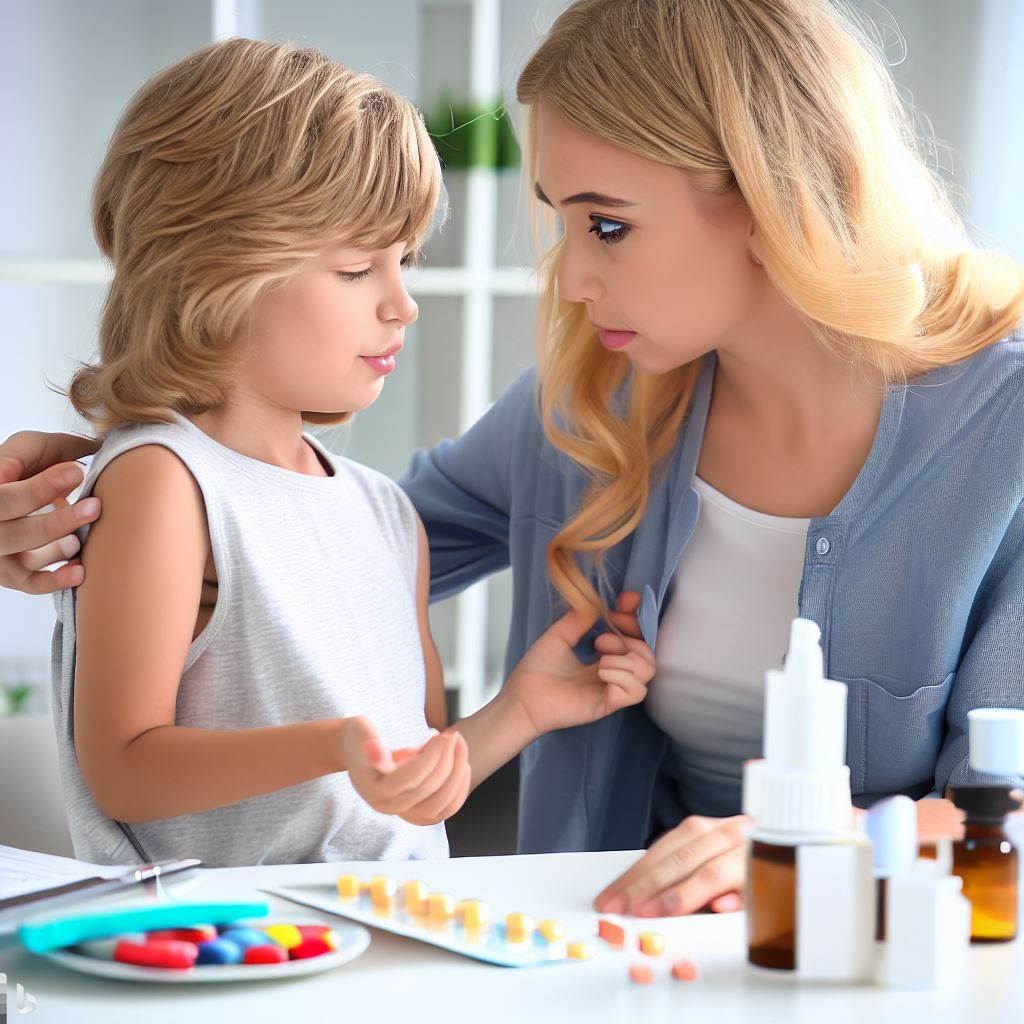
SEEK MEDICAL ATTENTION FOR MEDICATION ERROR OR ACCIDENT
Despite your best efforts, medication errors and accidents can still occur.
If your child accidentally takes too much medication or takes the wrong medication, seek medical attention immediately.
Call your child’s healthcare provider or poison control center for guidance.
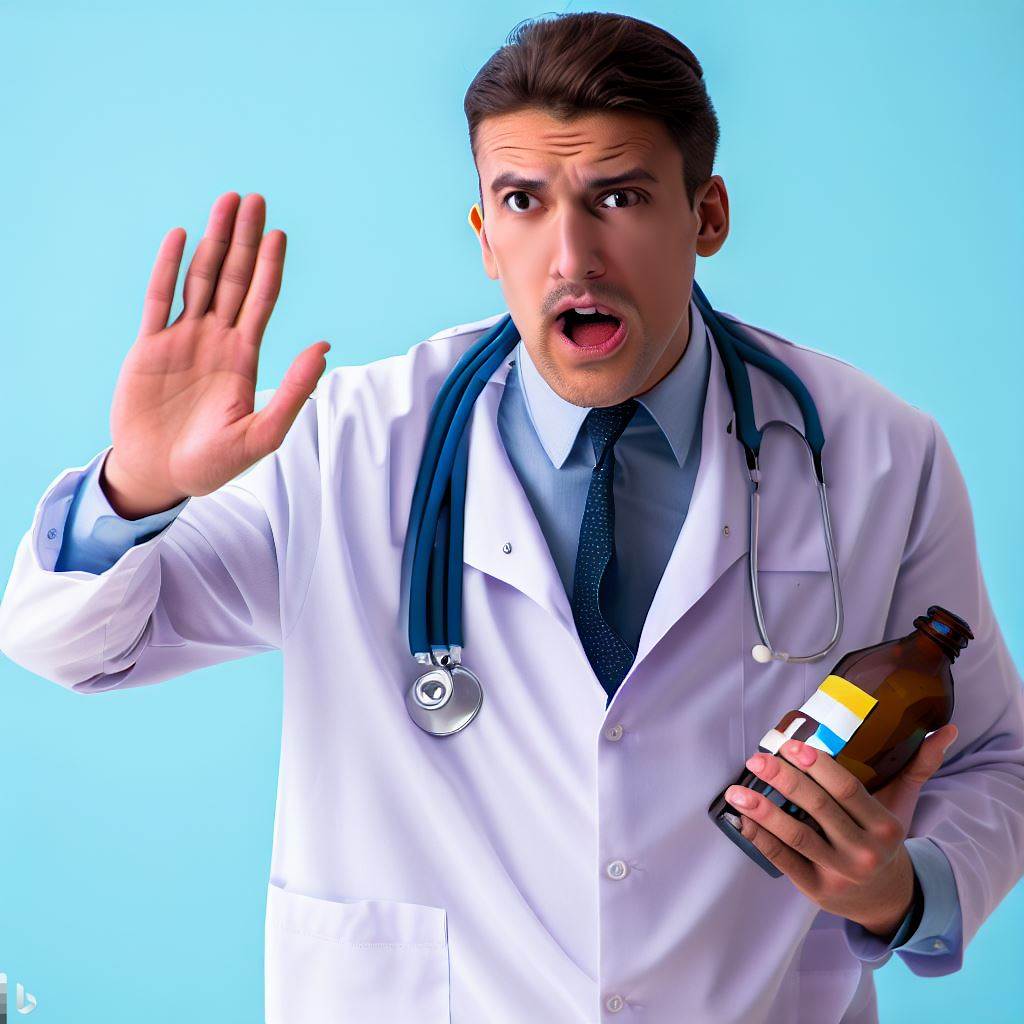
In conclusion, effective communication with your child’s healthcare provider is essential for medication safety. Make sure you inform the healthcare provider of any medication allergies or sensitivities your child has. Ask questions about medications and dosage instructions, and don’t be afraid to seek a second opinion if necessary. It is also important to inform the healthcare provider of any changes in your child’s health or medications.
Medication safety is a crucial aspect of keeping your child healthy and safe. By following these best practices, you can help ensure that your child’s medications are administered safely and effectively. Don’t hesitate to seek guidance from healthcare professionals if you have any questions or concerns. Together, we can help keep our children safe and healthy.
